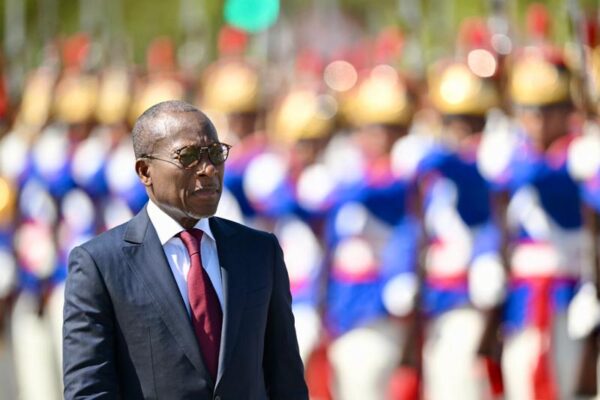By declaring last Friday, on the sidelines of a government seminar, that he will not seek a third term, Patrice Talon did much more than unveil his political future. He reaffirmed a posture: that of a statesman rather than a providential man.
“I believe that I will not have the opportunity to have such a meeting before handing over. I would like my words to be perceived in their sincerity, in their solemnity,” he said, without emphasis, without staging. A controlled exit, far from the ambiguity of a Macky Sall or the contortions of an Alassane Ouattara. In this, Talon stands out. And perhaps it is this political humility, rare on the continent, that best symbolizes the uniqueness of Benin.
Because Benin, for almost ten years now, has not ceased to surprise. From one reform to another, this small West African country has made a real leap forward. Transitioning to the status of a middle-income country, a model of stability and economic attractiveness, champion of Doing Business and fiscal transparency, it now positions itself as an open-air African laboratory. Where others promise, Talon reforms. Where many lock, he structures and delegates.
Under his leadership, the country has rebuilt its infrastructure, modernized its administration, strengthened its local governance, and managed to attract investors in a region that is otherwise tense. Furthermore, he has managed to align his choices with a vision: that of a lean, efficient state, focused on the long term.
There is undoubtedly much to say about Talon’s style, sometimes seen as directive, even divisive. But the result is there: a cleaned-up economy, a redefined public service, an increasingly structured civil society. All within a reinforced institutional framework, without excessive cult of personality.
By refusing the temptation of lifelong power, Patrice Talon also distinguishes himself from a Paul Kagame, often cited as a model of rigor. Where the Rwandan president chose to extend his mandate to ensure the continuity of his vision, Talon is betting on the solidity of the institutions he has helped to shape. A bold gamble, and perhaps the greatest act of republican faith of his career.
The new Benin is not a mirage. It is the result of a chosen course, a course maintained. At a time when many African countries are experiencing political, social, or economic turbulence, it offers a lesson: that of development through method, not slogans.
On a continental scale, the Benin case therefore deserves attention. It is not about idealizing, let alone mythologizing, but about recognizing a trajectory. That of a country that, by relying on modern governance and a willingness to break with the past, is starting to resemble what Singapore was in the Asia of the 1980s: an island of efficiency, driven by demanding leadership and a vision resolutely focused on the future.
Patrice Talon is preparing to hand over. Benin, on the other hand, seems to have found its own path.


